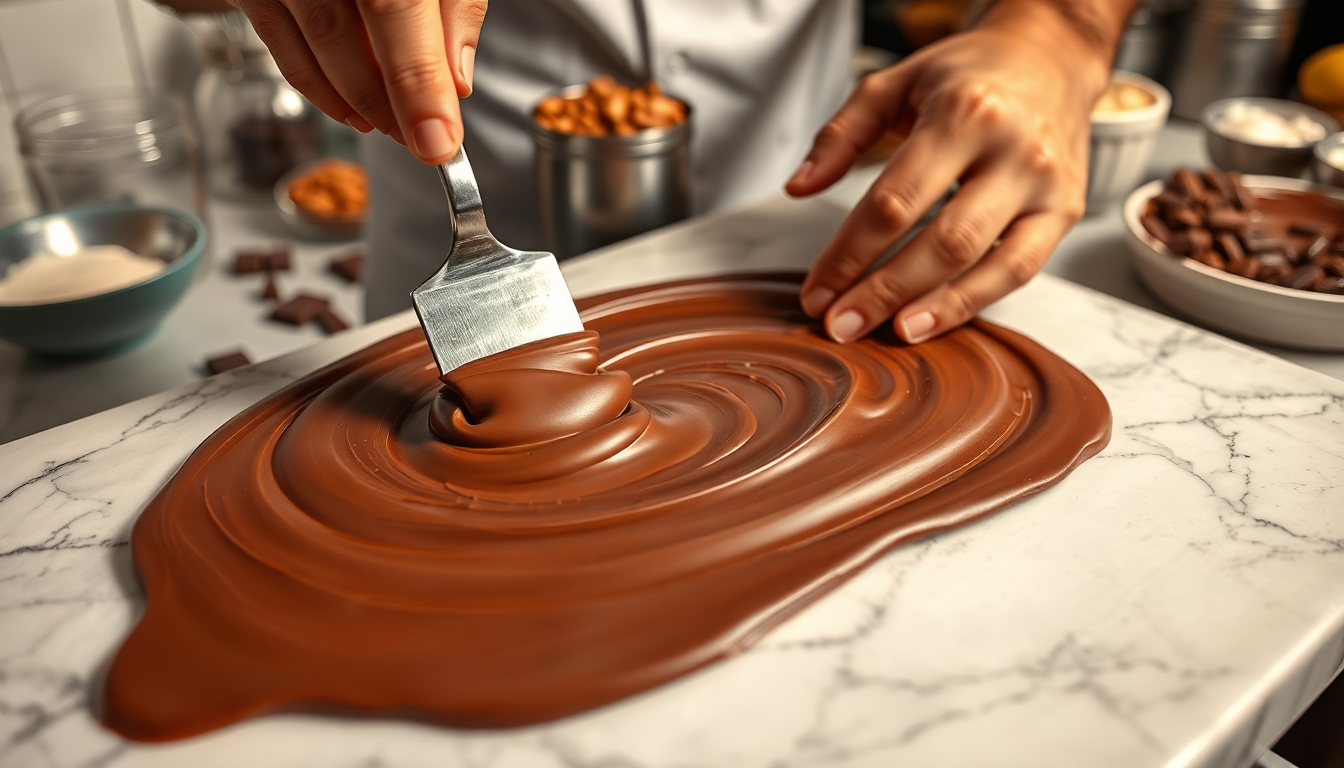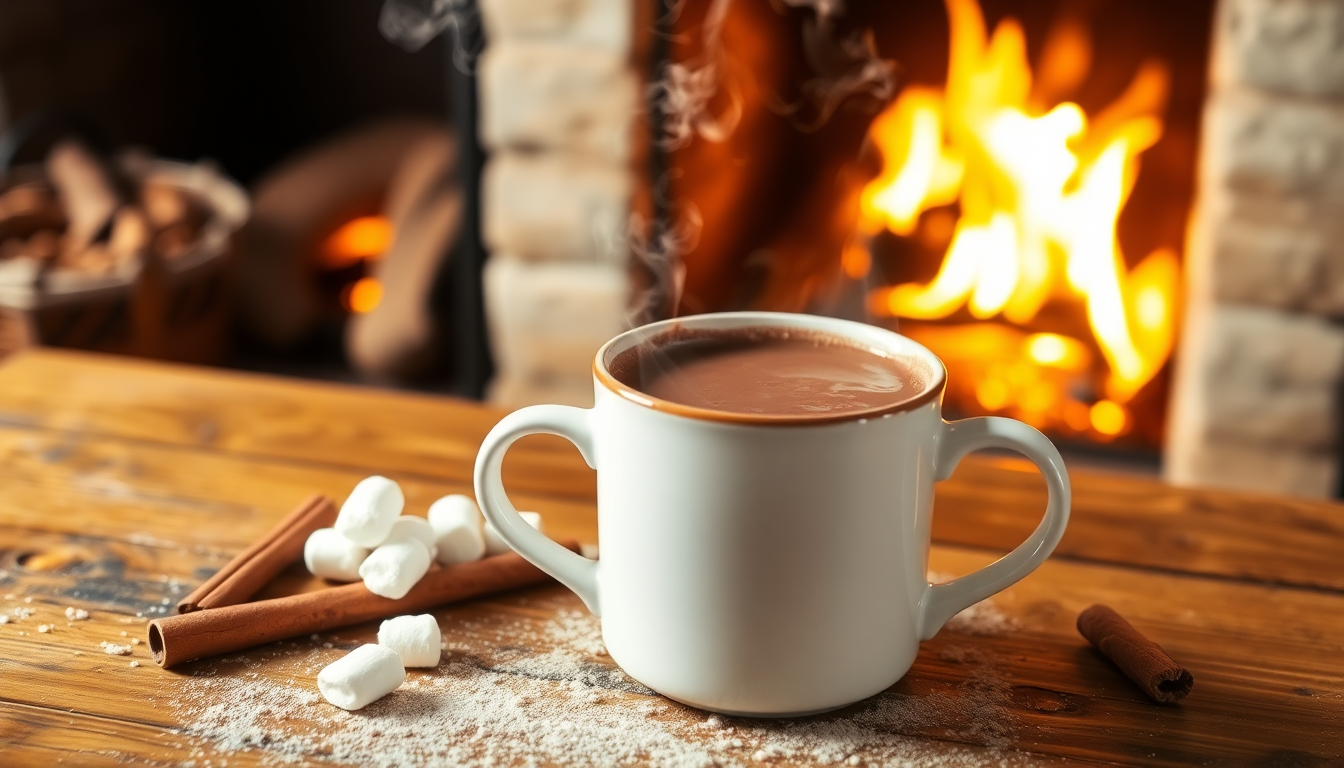
How to Temper Chocolate Like a Pro
The Art of Chocolate Tempering
Tempering chocolate can feel like trying to solve a delicious puzzle. It’s that essential step which transforms ordinary chocolate into a glossy, snappy finish that’s perfect for making candies or coating desserts. But don’t worry, you don’t need a pastry chef certification to do it! With a touch of patience and a sprinkle of practice, you can temper chocolate in your own kitchen.
Understanding the Basics of Tempering
First off, what exactly is tempering chocolate? Simply put, it’s heating and cooling chocolate to stabilize it, giving it a smooth and shiny appearance. This process aligns the cocoa butter crystals and prevents the chocolate from looking dull or developing a white, chalky appearance known as bloom. Tempering also gives chocolate that satisfying snap when you break it.
Tools of the Chocolate Tempering Trade
Embarking on your chocolate tempering journey, you’ll need a few basic tools. A digital thermometer is a must-have to ensure precision. A double boiler or a simple bowl over simmering water works perfectly to gently melt the chocolate. You’ll also need a spatula for stirring and a marble slab if you’re doing the tabling method. Whether you’re using the seed method or tabling method, just ensure you have high-quality chocolate to start with, as it greatly affects the end result.
Choosing Your Chocolate Tempering Technique
There are a couple of popular techniques to temper chocolate: the seeding method and the tabling method. Both are effective, but each suits different needs. The seeding method involves melting most of your chocolate to a specific temperature, then adding un-melted, tempered chocolate (your seeds) to help bring the mixture down to the desired temperature. The tabling method, on the other hand, involves pouring the chocolate onto a cool surface and working it with a spatula until it reaches the right temperature. This method is a bit more theatrical and frequently used by professional chocolatiers in TV shows.
Perfecting the Tempering Process
The key to perfecting chocolate tempering is precision with temperature. Dark chocolate should be melted to about 120°F, cooled to 80°F, then gently reheated to 88°F – 90°F. Milk and white chocolate have slightly lower temperature requirements. As you move through this process, keep stirring to ensure even temperature distribution. If your chocolate hardens too quickly or is left out in a humid environment, you might find that it doesn’t set as intended, but persevere – practice makes perfect! And once you nail it, the world of homemade truffles, dipped strawberries, and elaborate chocolate decorations awaits.



Leave a comment
This site is protected by hCaptcha and the hCaptcha Privacy Policy and Terms of Service apply.